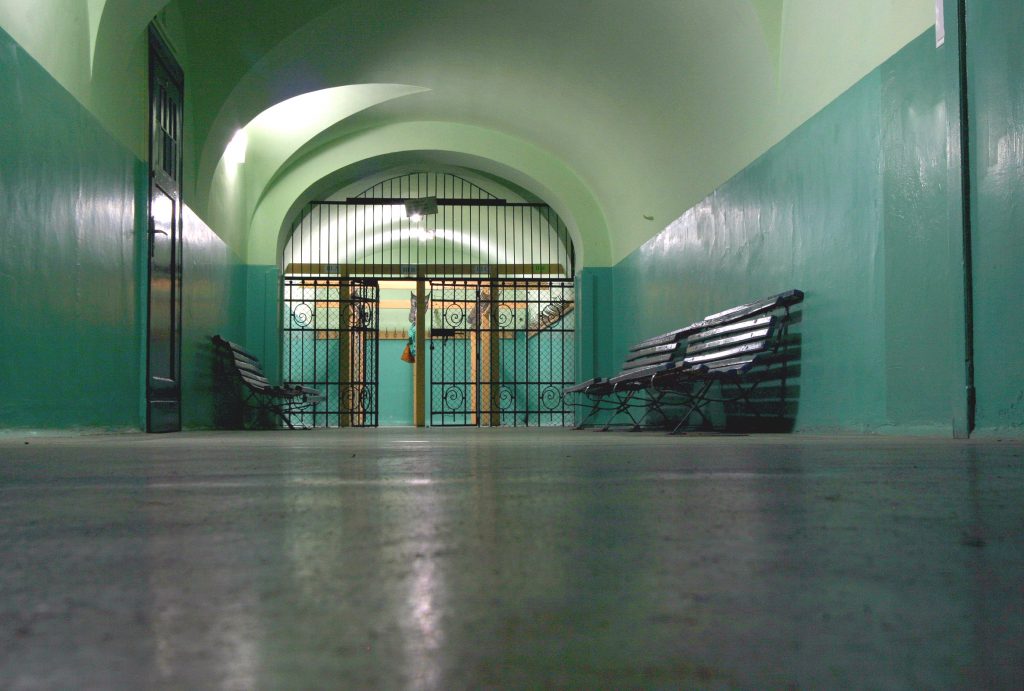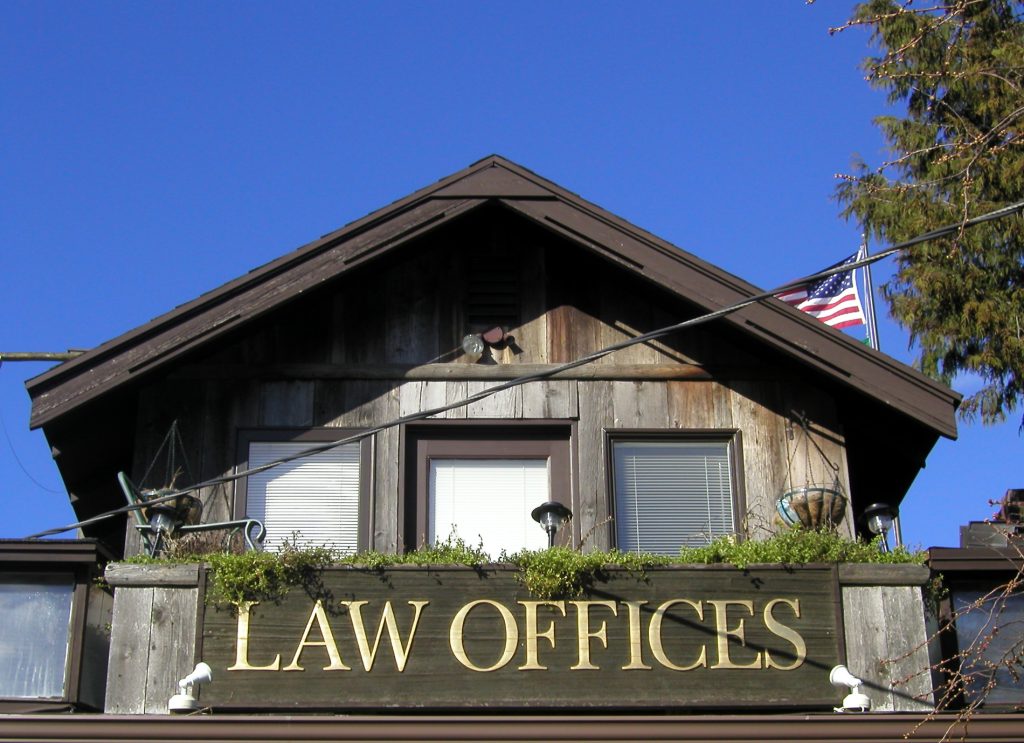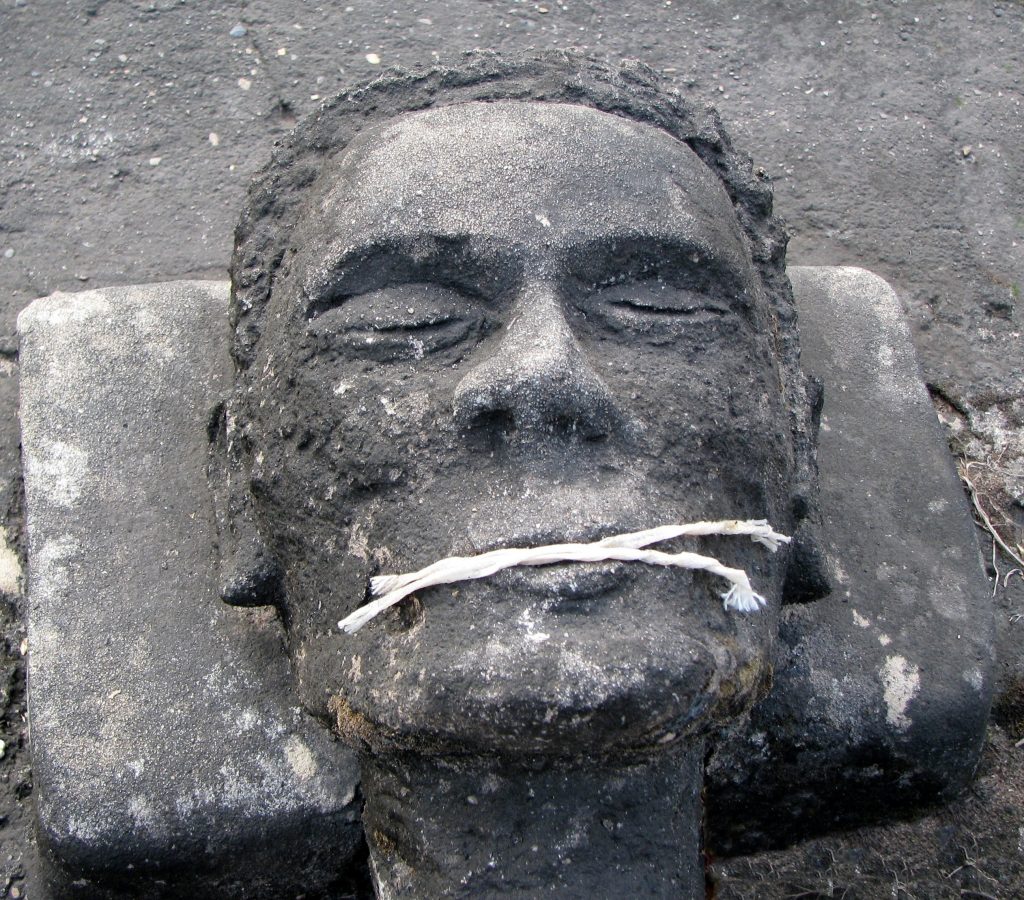 Many people in Louisiana have been in a situation where they are striving to earn a promotion at work. Employers typically reward loyal, qualified employees in these circumstances, but sometimes there is more than one employee who may be right for the job. The ultimate choice may leave other employees feeling spurned or, in some situations, questioning if the decision was made for the wrong reasons.
Many people in Louisiana have been in a situation where they are striving to earn a promotion at work. Employers typically reward loyal, qualified employees in these circumstances, but sometimes there is more than one employee who may be right for the job. The ultimate choice may leave other employees feeling spurned or, in some situations, questioning if the decision was made for the wrong reasons.
This is where Brian Toval, a former employee of the Children’s Hospital in New Orleans, apparently found himself in 2011. Toval, who is black, had initially been hired as a medical technologist, but within three years he had risen to senior systems analyst in the hospital’s IT department. However, apparently all was not right, because in 2008 he expressed some complaints to his supervisors – both of whom were white – about some circumstances of his employment. It seems nothing ever came of those complaints, and then in 2010 Toval expressed interest in a soon-to-be-created project team lead position. He did not get promoted to that position. Instead, the position was filled by a white employee – without the position ever being announced or any interviews being conducted. Two days later, Toval filed a complaint with human resources, but the HR department ultimately determined that his complaint was unfounded. In the months that followed, Toval claimed that he experienced retaliation through humiliation, a heavy work load, and excessive scrutiny of his job performance. In June of 2011, Toval took medical leave to address mental health conditions, but before doing so he filed a complaint with the Equal Employment Opportunity Commission. His complaint to the EEOC claimed that he had been discriminated against in the promotion process due to his earlier complaints from 2008. While Toval was on medical leave he accepted employment elsewhere and resigned from the Children’s Hospital, but that did not stop him from taking legal action.
In September of 2013, Toval filed a lawsuit in federal court based on discrimination claims. However, the trial court granted the Children’s Hospital’s motion for summary judgment, dismissing all of Toval’s claims. The trial court reasoned that dismissal was appropriate for two reasons. First, the EEOC had not conducted a full investigation of Toval’s claims. Second, Toval was unable to rebut the hospital’s non-discriminatory reasons for why he had not been chosen for the promotion. Toval appealed the case to the Court of Appeals for the Fifth Circuit.
 Louisiana Personal Injury Lawyer Blog
Louisiana Personal Injury Lawyer Blog


 Everyone likes to be paid what they think they are worth at their jobs. But, sometimes employers take actions that make employees question their value and question whether or not the employer has ulterior motives. That seems to have been the thought process for the former coach of LSU’s women’s tennis team, and he filed a lawsuit as a result.
Everyone likes to be paid what they think they are worth at their jobs. But, sometimes employers take actions that make employees question their value and question whether or not the employer has ulterior motives. That seems to have been the thought process for the former coach of LSU’s women’s tennis team, and he filed a lawsuit as a result. Litigating an issue once is a difficult and time consuming process in itself, and having to do so twice would be an unbearable and unfair burden which is the reason for the existence of the doctrine of res judicata. It serves the courts purposes of fairness and efficiency by preventing the relitigation of matters previously litigated and decided on as well as those that should have been raised and litigated in a previous lawsuit. The application of this doctrine is a complicated and lengthy one but the Second Circuit when reviewing a trial courts application of the doctrine in a lawsuit involving teacher Kamithia D. Penton as plaintiff and the Caddo Parish School Board (CPSB) as defendant (with others) was able to do so whilst also addressing a few of the doctrines exceptions.
Litigating an issue once is a difficult and time consuming process in itself, and having to do so twice would be an unbearable and unfair burden which is the reason for the existence of the doctrine of res judicata. It serves the courts purposes of fairness and efficiency by preventing the relitigation of matters previously litigated and decided on as well as those that should have been raised and litigated in a previous lawsuit. The application of this doctrine is a complicated and lengthy one but the Second Circuit when reviewing a trial courts application of the doctrine in a lawsuit involving teacher Kamithia D. Penton as plaintiff and the Caddo Parish School Board (CPSB) as defendant (with others) was able to do so whilst also addressing a few of the doctrines exceptions. Mental and physical disability is a trying issue for families that can cause incredible stress, especially when the person suffering from these infirmities is unwilling or unable to recognize their condition. Further, when the person is mentally unable to manage their health, personal, financial, and business affairs, legals steps must be taken to protect those interests and counsel from an excellent lawyer can mitigate some of the pain and stress such a situation can cause a family. The Foster family faced just such a situation when Mrs. Patricia Foster suffered a ruptured brain aneurysm during surgery and as a result of brain injury no longer was able to live independently, care for herself, or make sound personal and financial decisions. Her husband, Mr. Billy Joe Foster, thus sought a full interdiction so that he could make legal decisions on her behalf. The trial court took testimony from Mr. Foster’s doctors and her family members and ruled that full interdiction was warranted. Mrs. Foster appealed and the Louisiana First Circuit Court of Appeal upheld the full interdiction order.
Mental and physical disability is a trying issue for families that can cause incredible stress, especially when the person suffering from these infirmities is unwilling or unable to recognize their condition. Further, when the person is mentally unable to manage their health, personal, financial, and business affairs, legals steps must be taken to protect those interests and counsel from an excellent lawyer can mitigate some of the pain and stress such a situation can cause a family. The Foster family faced just such a situation when Mrs. Patricia Foster suffered a ruptured brain aneurysm during surgery and as a result of brain injury no longer was able to live independently, care for herself, or make sound personal and financial decisions. Her husband, Mr. Billy Joe Foster, thus sought a full interdiction so that he could make legal decisions on her behalf. The trial court took testimony from Mr. Foster’s doctors and her family members and ruled that full interdiction was warranted. Mrs. Foster appealed and the Louisiana First Circuit Court of Appeal upheld the full interdiction order. In 2012, an independent contractor, Charles Kamrath, contracted with Creek Services, LLC to move one of their bulldozers. Kamrath had previously moved the same bulldozer with his trailer without any complications. On February 24th of 2012, Kamrath loaded the bulldozer to his trailer and commenced the transportation to Hammond, Louisiana. Unfortunately, the flatbed from the trailer detached and struck an oncoming car driven by Alice Lewis on Cullom Road in Springfield, Louisiana. The impact resulted in severe injuries to Lewis and she subsequently died shortly thereafter.
In 2012, an independent contractor, Charles Kamrath, contracted with Creek Services, LLC to move one of their bulldozers. Kamrath had previously moved the same bulldozer with his trailer without any complications. On February 24th of 2012, Kamrath loaded the bulldozer to his trailer and commenced the transportation to Hammond, Louisiana. Unfortunately, the flatbed from the trailer detached and struck an oncoming car driven by Alice Lewis on Cullom Road in Springfield, Louisiana. The impact resulted in severe injuries to Lewis and she subsequently died shortly thereafter. In the law, it is quite rare for a case to ever be considered simple. Though the issues may seem quite obvious and clear to a plaintiff, it is almost never a good idea to represent oneself “pro se”. This is partially because of the subtle procedural pitfalls which may decide the outcome of a case. In the vast majority of legal matters, it is a good idea to carefully select an experienced attorney to guide the plaintiff through the legal process. Unfortunately for a Pro Se Plaintiff in a case arising out of Calcasieu Parish the complexities of appellate procedures caused him to lose his rights to appeal.
In the law, it is quite rare for a case to ever be considered simple. Though the issues may seem quite obvious and clear to a plaintiff, it is almost never a good idea to represent oneself “pro se”. This is partially because of the subtle procedural pitfalls which may decide the outcome of a case. In the vast majority of legal matters, it is a good idea to carefully select an experienced attorney to guide the plaintiff through the legal process. Unfortunately for a Pro Se Plaintiff in a case arising out of Calcasieu Parish the complexities of appellate procedures caused him to lose his rights to appeal. If you are fortunate enough not to sustain serious injury as a result of someone else’s negligent actions, you may not realize that the compensation for your injuries can be apportioned and spread to other liable parties. Further still, if you were partially responsible for causing your own injury, you will likely see a reduction in the amount of damages you can recover. This was the case for a Ponchatoula High School band student who was injured while on a school-sponsored band trip in Tennessee.
If you are fortunate enough not to sustain serious injury as a result of someone else’s negligent actions, you may not realize that the compensation for your injuries can be apportioned and spread to other liable parties. Further still, if you were partially responsible for causing your own injury, you will likely see a reduction in the amount of damages you can recover. This was the case for a Ponchatoula High School band student who was injured while on a school-sponsored band trip in Tennessee. Love gone bad, broken promises and loans not written down come to a head in the following case in Jefferson Parish. In the case at hand, Mr. Palmisano and Ms. Nauman-Anderson had been romantically engaged for several months, during which time Mr. Palmisano allegedly credited Ms. Nauman-Anderson with nearly $26,000 dollars in loans. These loans were allegedly subject to an oral agreement at the time that they were advanced and no effort was made to memorialize the loans (put them in writing) until the romantic relationship between the parties had ended. Upon severing romantic ties, Mr. Palmisano provided Ms. Nauman-Anderson with a promissory note in order to commemorate their alleged agreement but Ms. Nauman-Anderson refused to sign the note, claiming that the loans were in fact gifts. In response, Mr. Palmisano brought suit for a breach of contract.
Love gone bad, broken promises and loans not written down come to a head in the following case in Jefferson Parish. In the case at hand, Mr. Palmisano and Ms. Nauman-Anderson had been romantically engaged for several months, during which time Mr. Palmisano allegedly credited Ms. Nauman-Anderson with nearly $26,000 dollars in loans. These loans were allegedly subject to an oral agreement at the time that they were advanced and no effort was made to memorialize the loans (put them in writing) until the romantic relationship between the parties had ended. Upon severing romantic ties, Mr. Palmisano provided Ms. Nauman-Anderson with a promissory note in order to commemorate their alleged agreement but Ms. Nauman-Anderson refused to sign the note, claiming that the loans were in fact gifts. In response, Mr. Palmisano brought suit for a breach of contract. The Court of Appeals in the Second Circuit of Louisiana recently took on a “case within a case.” This phrase is used in situations of legal malpractice against an attorney’s actions. For years a standard was set for these trials that required the client of the malpracticing attorney to prove the amount of damages by going through the original case they brought to the attorney. Jenkins v St. Paul Fire & Marine Insurance Co set forth a new standard. Jenkins v. St. Paul Fire & Marine Ins. Co., 422 So. 2d 1109 – La: Supreme Court 1982.
The Court of Appeals in the Second Circuit of Louisiana recently took on a “case within a case.” This phrase is used in situations of legal malpractice against an attorney’s actions. For years a standard was set for these trials that required the client of the malpracticing attorney to prove the amount of damages by going through the original case they brought to the attorney. Jenkins v St. Paul Fire & Marine Insurance Co set forth a new standard. Jenkins v. St. Paul Fire & Marine Ins. Co., 422 So. 2d 1109 – La: Supreme Court 1982. When the law is clear and unambiguous and its application does not lead to absurd consequences, then the law shall be applied as written and no further interpretation may be made in search of the intent of the legislature. If however there are multiple interpretations to a statute, the court will examine it in order to figure out what the legislative intent was behind it in hopes of clearing up any and all ambiguities. The Louisiana Fifth Circuit Court of Appeal was recently faced with the task of interpreting a statute in order to determine whether or not it was properly applied at the trial level. The particular piece of legislation at issue is Louisiana’s Code of Civl Procedure
When the law is clear and unambiguous and its application does not lead to absurd consequences, then the law shall be applied as written and no further interpretation may be made in search of the intent of the legislature. If however there are multiple interpretations to a statute, the court will examine it in order to figure out what the legislative intent was behind it in hopes of clearing up any and all ambiguities. The Louisiana Fifth Circuit Court of Appeal was recently faced with the task of interpreting a statute in order to determine whether or not it was properly applied at the trial level. The particular piece of legislation at issue is Louisiana’s Code of Civl Procedure